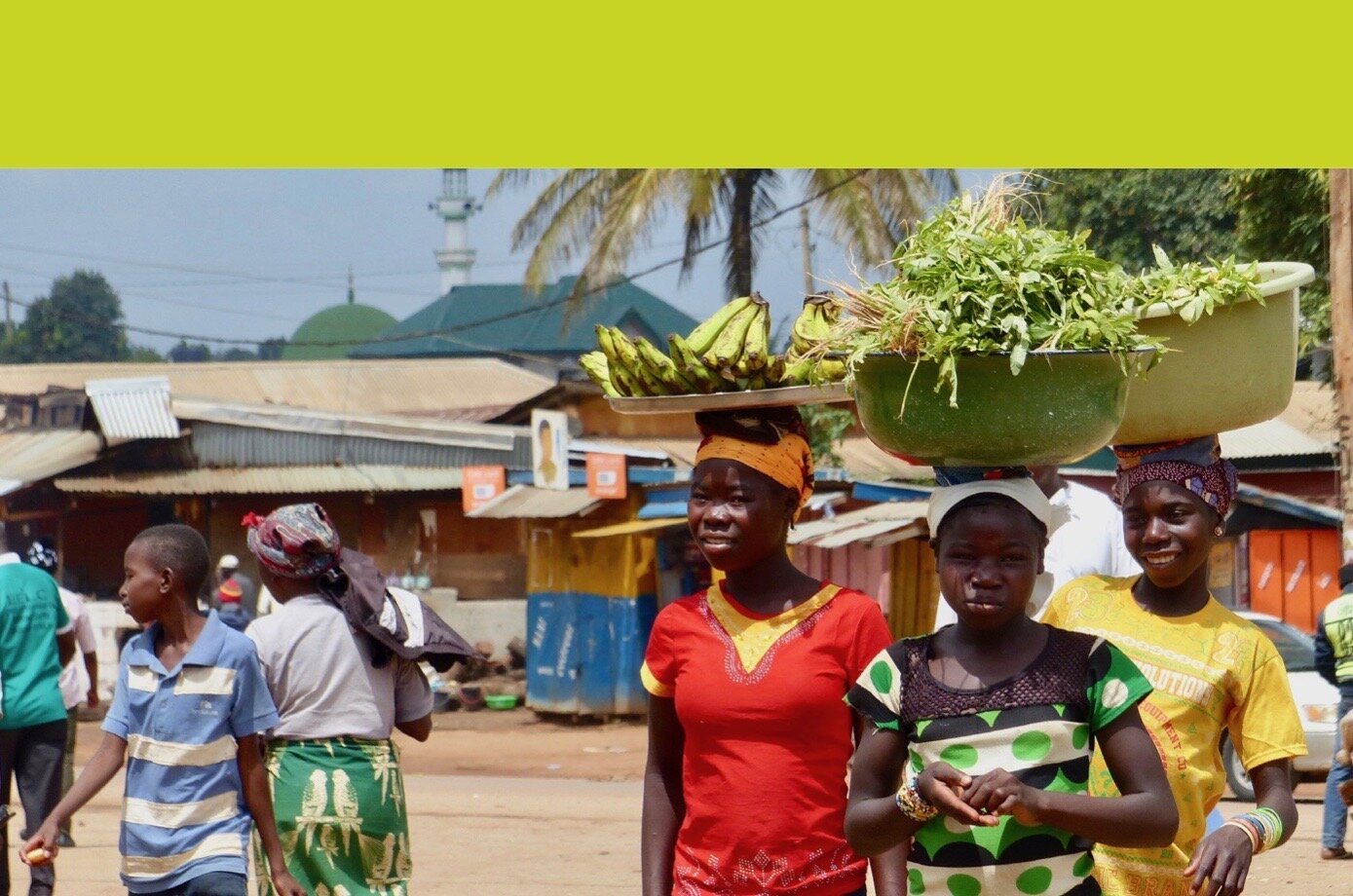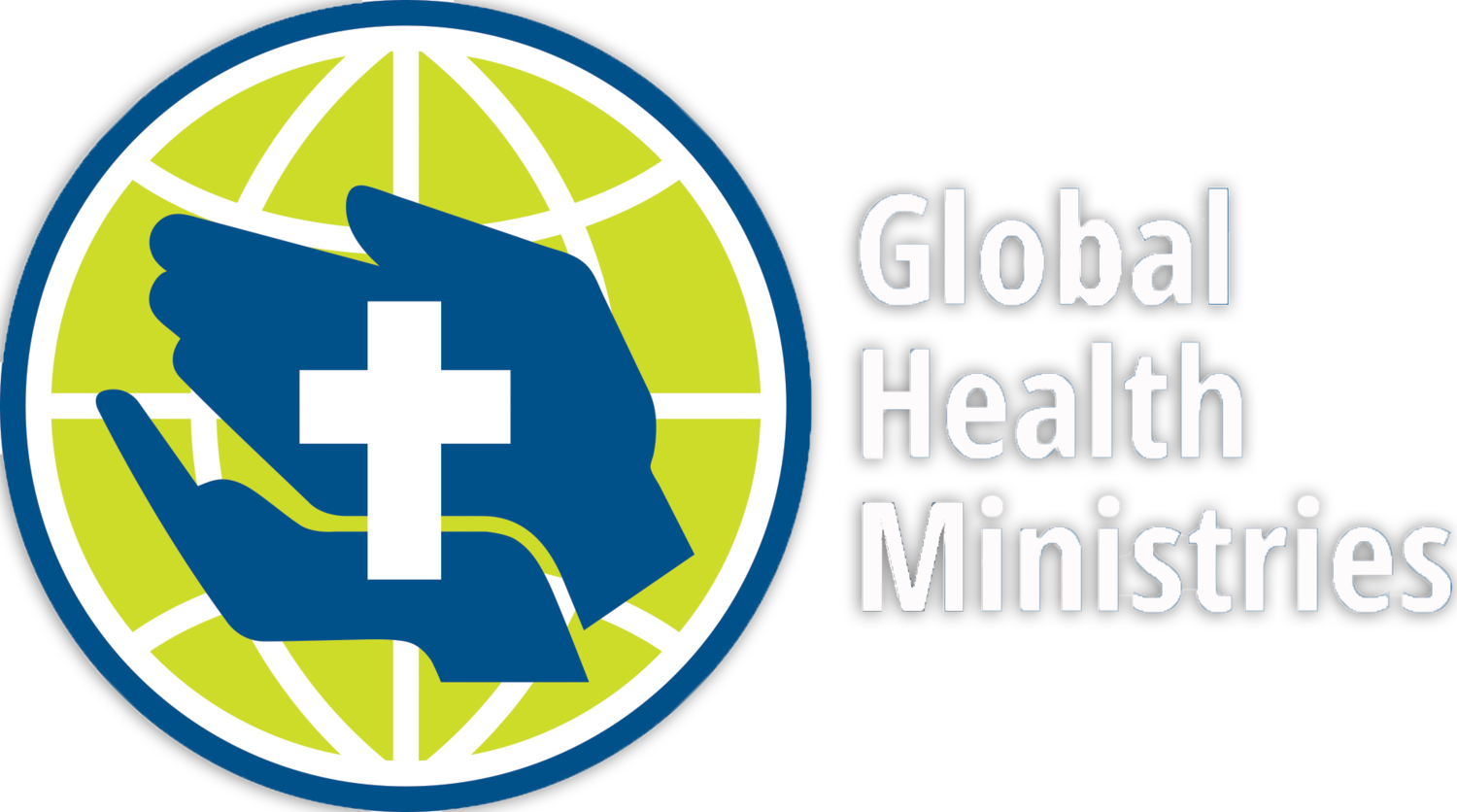
Central African Republic
GHM in the CAR
For generations, people have had little access to healthcare in the Central African Republic (CAR). Maternal and infant mortality rates are among the very highest in the world. At the beginning of 2020, the Central African Republic’s Ministry of Health declared a nationwide measles epidemic. Measles is a preventable disease with a two-dose vaccination schedule. Over the last five years, according to the World Health Organization, fewer than 60% of babies in the CAR received their first dose of the vaccine, and almost none received the second dose. Malnutrition, all too common in the CAR, weakens immune systems, making it easier for infectious disease like measles to spread, and worsening its toll. Vaccination programs have been further disrupted by the global pandemic.
For most villagers, help has been available only at great distances. At the urging of the President of the Lutheran Church of the CAR, GHM partnered with Lutheran Partners in Global Ministry to build Emmanuel Health Center, and bring healthcare to a region that had no other health services. Since the opening of this center in 2010, critical health care services, including immunizations and assisted deliveries, have been accessible to villages across the Gallo region. Funding to help sustain Emmanuel Health Center and three other health projects are a basic need, to continue serving a hurting people in this troubled region.
Data from WHO, and The World Bank
Meet Catherine
Catherine Naabeau serves as the Lutheran Health Coordinator in the CAR, overseeing four projects including Emmanuel de Gallo Health Center. Under her guidance, Emmanuel has become the reference hospital for other health facilities in the area. Remarkably, it is better equipped (remarkable, because Emmanuel lacks so much), it has an excellent reputation among the local population, and staff is committed and motivated. That wasn’t always the case. In 2018 Catherine called a community meeting to bring local government leaders and the community together so their complaints and their hopes for “their” health center could be heard. Emmanuel still faces challenges. Most patients in this rural area are too poor to pay so revenue from patients isn’t enough to cover expenses. Often the hospital can’t afford to keep essential medicines in stock. There is no ambulance. They don’t have electricity and the solar isn’t working. But the community and staff know they are listened to, and Catherine and the staff at the hospital are strong leaders. You make their presence possible.



